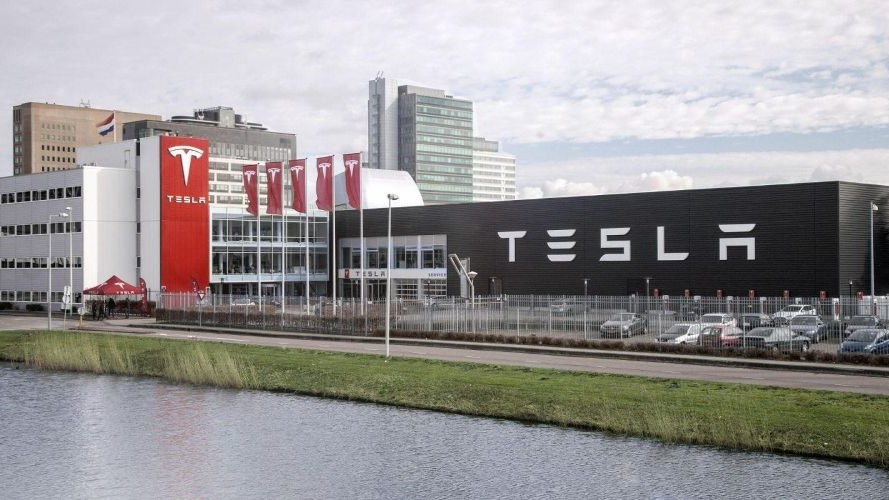In a recent ruling, an Alameda County Superior Court judge in California has decided that Tesla’s car insurance unit, Tesla Insurance Services Inc, must confront a potential class action lawsuit accusing it of overcharging drivers for premiums. The lawsuit contends that the premiums were based on purported “false” crash warnings rather than actual driving behavior, leading to inflated costs for policyholders.
Legal development and Tesla’s response
The judge, Brad Seligman, denied Tesla Insurance Services’ attempt to dismiss the consumer protection lawsuit, which alleges overcharging under California’s comprehensive unfair competition law. While a spokesperson for Tesla and representatives of the insurance subsidiary did not provide comments following the ruling, the decision sheds light on the challenges faced by Tesla’s insurance arm.
Background on Tesla insurance and previous scrutiny
Tesla launched its insurance unit in 2019, accompanied by Elon Musk’s commitment to delivering superior service compared to other auto insurers. However, a recent media special report highlighted complaints against Tesla Insurance, prompting regulatory scrutiny and legal actions. The current lawsuit accuses the insurance unit of utilizing misleading practices in determining premiums.
Details of the lawsuit and partial victory for Tesla
The lawsuit was filed by Ricky Stephens, an individual representing Tesla drivers across several states. It alleges that Tesla Insurance’s premiums are influenced by a “safety score” incorporating vehicle data related to factors like hard braking, aggressive turning, and forward collision warnings. The complaint contends that drivers experienced erroneous collision warnings, impacting their safety scores and leading to increased premiums.
In the recent ruling, Judge Seligman granted a partial victory to Tesla by dismissing a breach of contract claim but provided Stephens with an opportunity to amend it. While Tesla Insurance has consistently denied deceptive practices, the legal proceedings continue, with an initial hearing scheduled for January.
Implications and plaintiff’s claims
Stephens’ lawsuit seeks various remedies, including restitution, disgorgement of profits, and an injunction against alleged false advertising. The plaintiff argues that an injunction would compel Tesla to ensure accurate advertising and prevent the inclusion of non-occurred driving events in premium calculations. The case highlights the importance of transparent and accurate practices in the insurance industry, especially as it intersects with emerging automotive technologies.
Looking ahead and industry implications
As the legal proceedings progress, the case against Tesla’s insurance unit underscores the challenges in aligning premium calculations with real driving behavior. It raises questions about the impact of technological nuances, such as sensor technology, on safety scores and, consequently, insurance premiums. The outcome of this case may have implications for the broader auto insurance industry, particularly as vehicles become equipped with advanced driver assistance systems.
In the evolving landscape of electric vehicles and associated services, regulatory bodies and consumers alike are keenly observing how companies navigate the intersection of innovation, insurance practices, and consumer protection. The legal scrutiny facing Tesla’s insurance unit reflects the need for clarity and fairness in determining premiums, ensuring a balanced relationship between insurers and policyholders.



